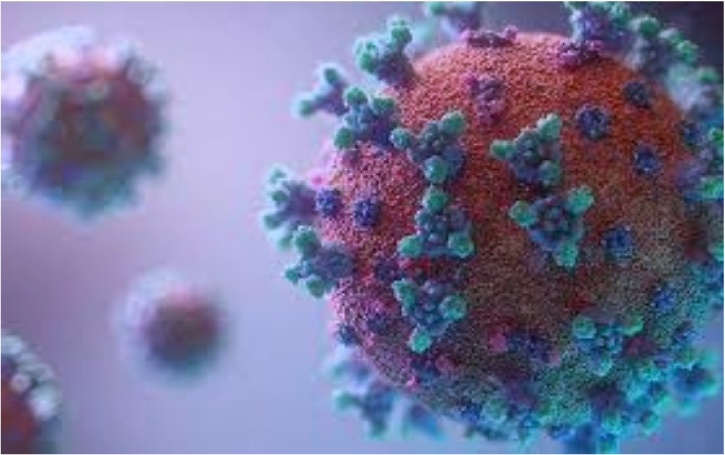Whether we’re kicking butt at work, killing it in the gym, or trying to focus on a conversation with a friend, nothing throws a wrench into things like a throbbing head that seems to come out of nowhere. But knowing what triggers a headache can be hugely helpful to treating it, says Sheena Aurora, M.D., clinical associate professor at Stanford.
The cause behind a painful noggin might be more than just your run-of-the-mill migraine orcaffeine-induced ache, though. In most cases, popping an OTC painkiller should do the trick, but if you notice the pattern of your typical headache has drastically changed or you begin to lose vision or limb function, get to a doctor right away. And Aurora recommends keeping a headache diary to help keep track of your triggers. Read on for five unexpected causes behind your headache and what to do about them.
1. You Hit the Gym a Little Too Hard
Exerting yourself (especially in the heat) can spell trouble. “These can be alarming,” says Aurora. “They come on explosively in seconds.” These headaches generally start when there’s a spike in your heart rate, but the threshold is different for everyone. Although they usually pass once your heart rate falls, exertion headaches can last up to two days in some cases. Yikes.
If you’re prone to exercise-induced headaches, Aurora recommends buying a heart-rate monitor to track the point at which the pain sets in. Then be sure to keep your heart rate below that threshold and not overdo it.
2. You’re Straining Your Neck
This type of headache, known as occipital neuralagia, typically starts at the back of the skull and radiates through the scalp, and it can be triggered by a neck strain (we see you looking down at your smartphone).
If you’re not thrilled about taking OTC painkillers, magnesium and vitamin B2 can help in the heat of a headache and in some cases even help prevent them, says Aurora.
3. You Frequently Clench Your Jaw
Commonly referred to as TMJ, Temporomandibular Joint Disorder can cause some serious head troubles. “People tend to clench their jaw when they’re under stress,” says Aurora, which can lead to pain and tenderness in your face, jaw, and neck. The quick fix is to take a chill pill, but if the problem persists, see your dentist—a night guard may help alleviate teeth grinding, which can worsen TMJ.
4. You’ve Been Spending Time in a High-Altitude Area
Even if you’re extra vigilant about hydration, that doesn’t mean you’re always immune to headaches caused by big altitude changes. These bad boys tend to trigger nausea and can get worse at night and right when you wake up in the morning.
If you know you’re headed for a big altitude change—think: you’ve signed up for a race in the mountains—avoid stress and caffeine and try to gradually expose yourself to altitude changes to prep your head for the climb.
5. You Take Too Many Painkillers to Dull Your Headaches
With all the different triggers of headaches out there, it might seem like keeping an arsenal of aspirin at the ready is a smart move. But popping those OTC pain meds like candy comes at a price: Rebound headaches, characterized by dull aching pain. They happen because the painkillers rewire the pain pathways in your brain. Pain relievers that combine pain meds with caffeine or more than one type of pain med (like Excedrin or Tylenol) can be common culprits of the rebound headache when used frequently. If you’re regularly taking these, the risk of rebound headaches is lower with simple ibuprofen.





